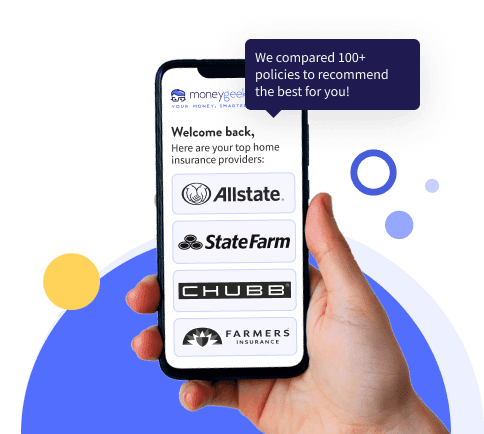Yes, most home insurance policies cover personal belongings stolen from your car under off-premises personal property coverage. This protection applies whether your car was parked at home, work or on the road.
Off-premises coverage typically caps at 10% of your personal property coverage. If your policy includes $150,000 in personal property coverage, you'd have up to $15,000 to replace stolen or damaged items from your vehicle.



